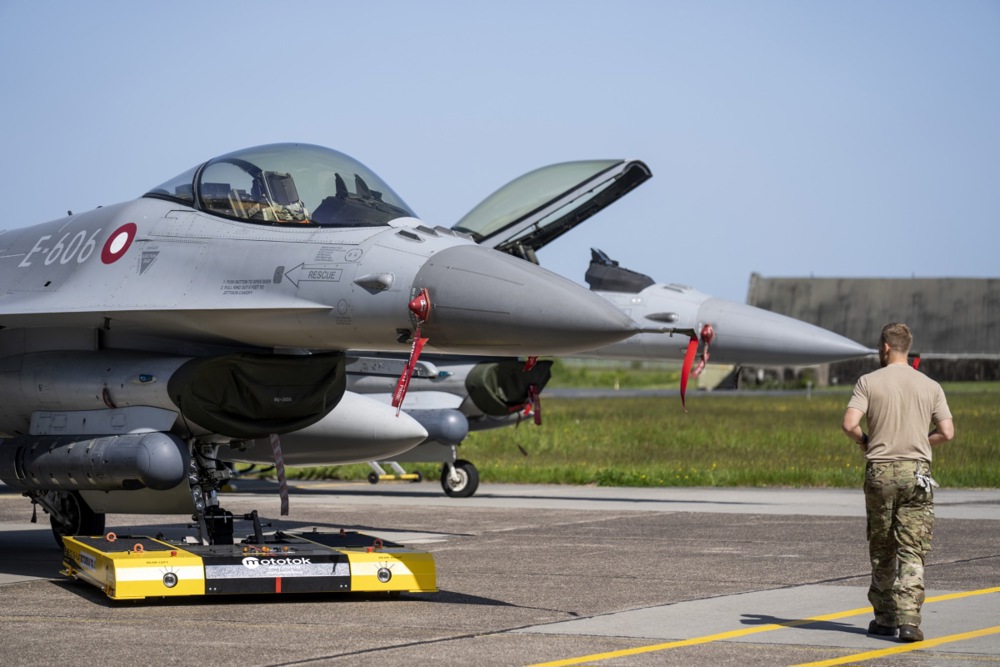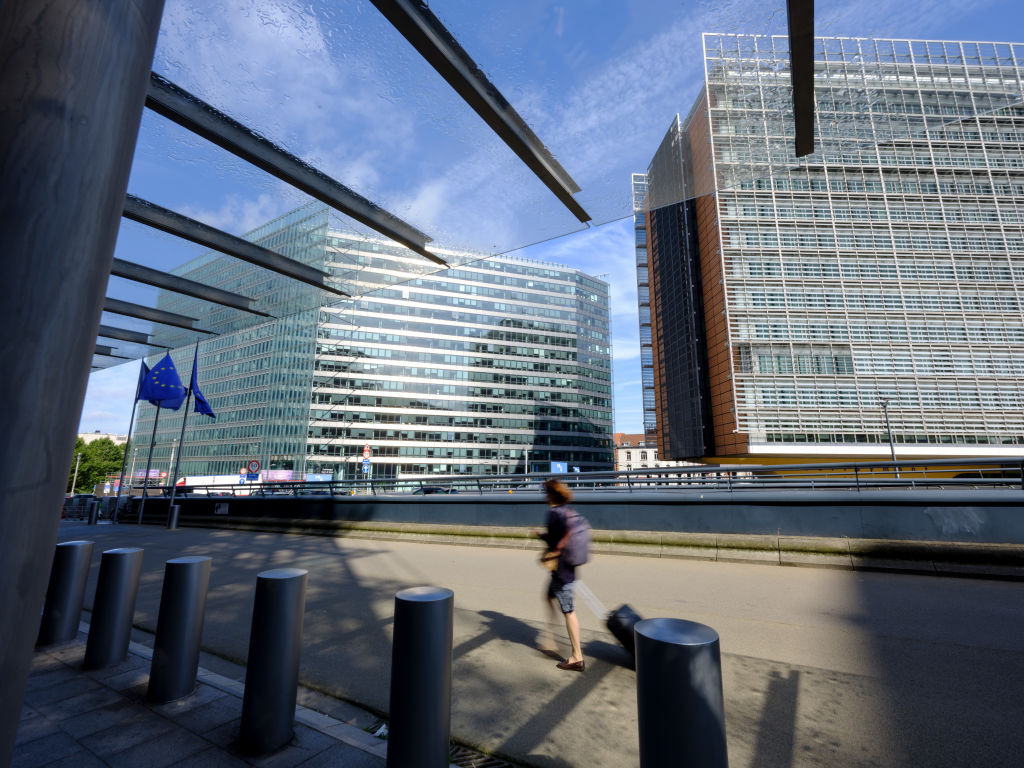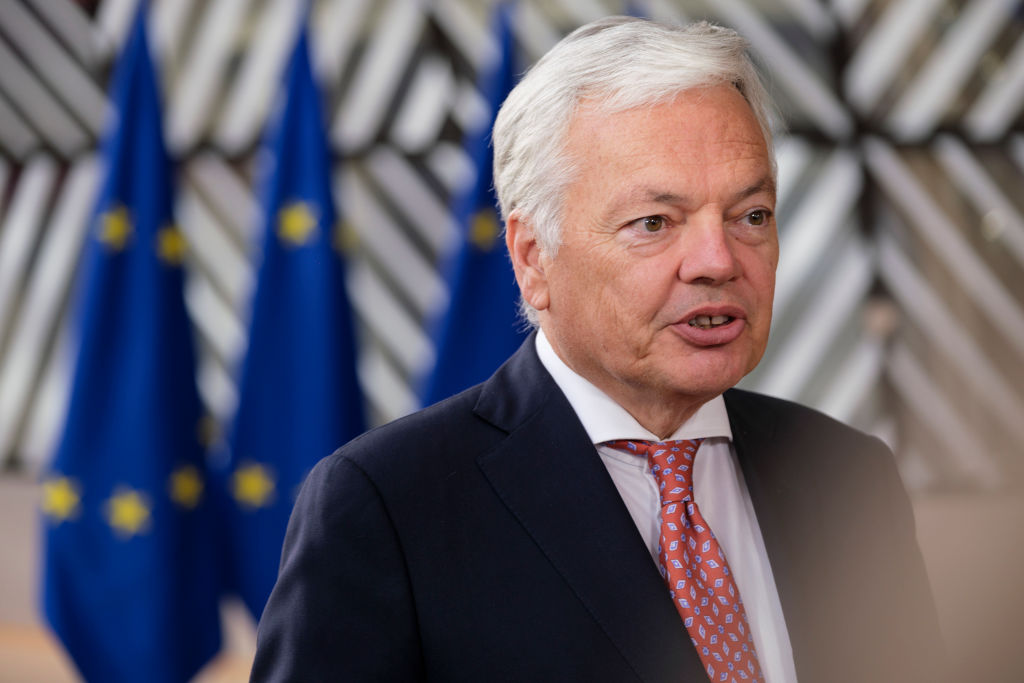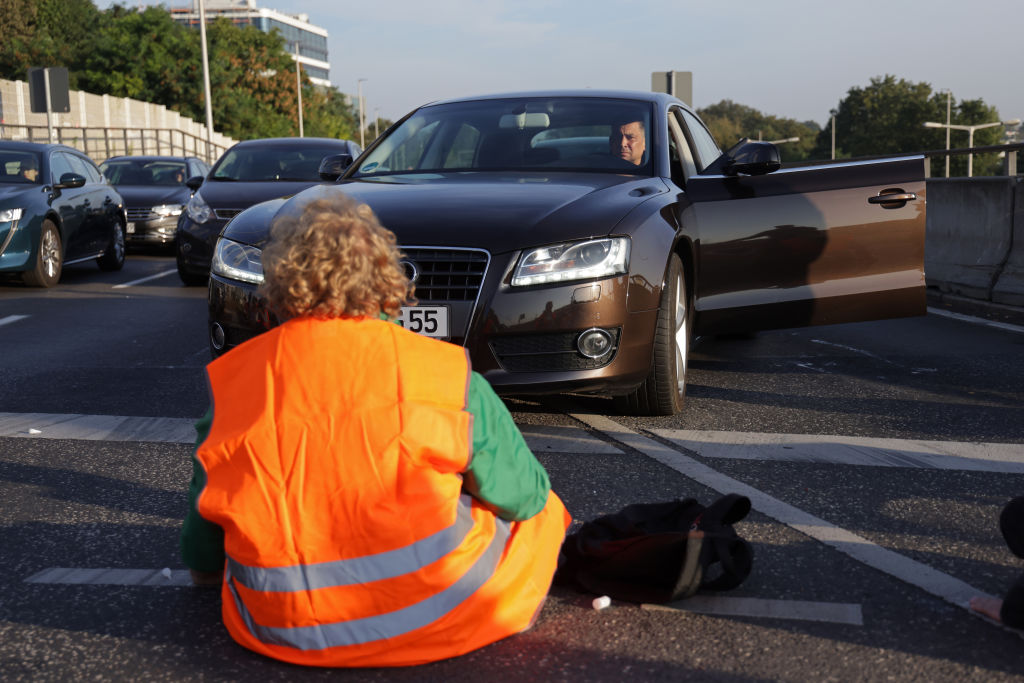A decision by the European Commission to give a vaccine-production contract to US pharmaceuticals giant Pfizer has raised eyebrows within the European Parliament.
The firm has found itself at the centre of numerous controversies over the past few years. They include a scandal involving “secretive” texts sent between its CEO Albert Bourla and EC President Ursula von der Leyen, enraging many within the European Union.
European Ombudsman Emily O’Reilly had previously described the EC as being guilty of “maladministration” over the incident, although she had no power to enforce penalties.
Writing to the EC, a representative of Marine Le Pen’s French Rassemblement National party MEP Virginie Joron questioned its decision to award another vaccine contract, valued at nearly €1 billion, to the drugs firm.
“Why has the Commission selected Pfizer, which already received an avalanche of public funds during the COVID crisis, and whose behaviour during the crisis was far from exemplary,” Joron asked.
Apart from demonstrating a “lack of transparency” over the pandemic, the MEP also claimed that the company engaged in practices aimed at “maximising profits” and “aggressive tax relief”.
In addition, it showed a “lack of responsibility on the matter of compensation for victims” of side effects of COVID jabs, she said.
Jovon also queried the EC’s decision to award contracts to other Indian and US vaccine producers rather than opt for one of Europe’s domestic manufacturers.
Replying to that, the EC claimed the new contracts with Pfizer – as well as with manufacturers in India and Spain – were “in full compliance with the public procurement rules”.
It added that the companies were selected due to each having the ability to produce “at least 50 million doses” of a chosen vaccine annually, while keeping the entire manufacturing chain within the boundaries of the EU and European Economic Area.
“The companies that were selected complied with those requirements,” Health and Food Safety Commissioner Stella Kyriakides stated on behalf of the body.
.@EUombudsman Emily O’Reilly says she is “amazed” at how European Commission President Ursula von der Leyen hasn't been questioned harder on her missing Pfizer texts. https://t.co/WhZeKyoDDd
— Brussels Signal (@brusselssignal) November 29, 2023





